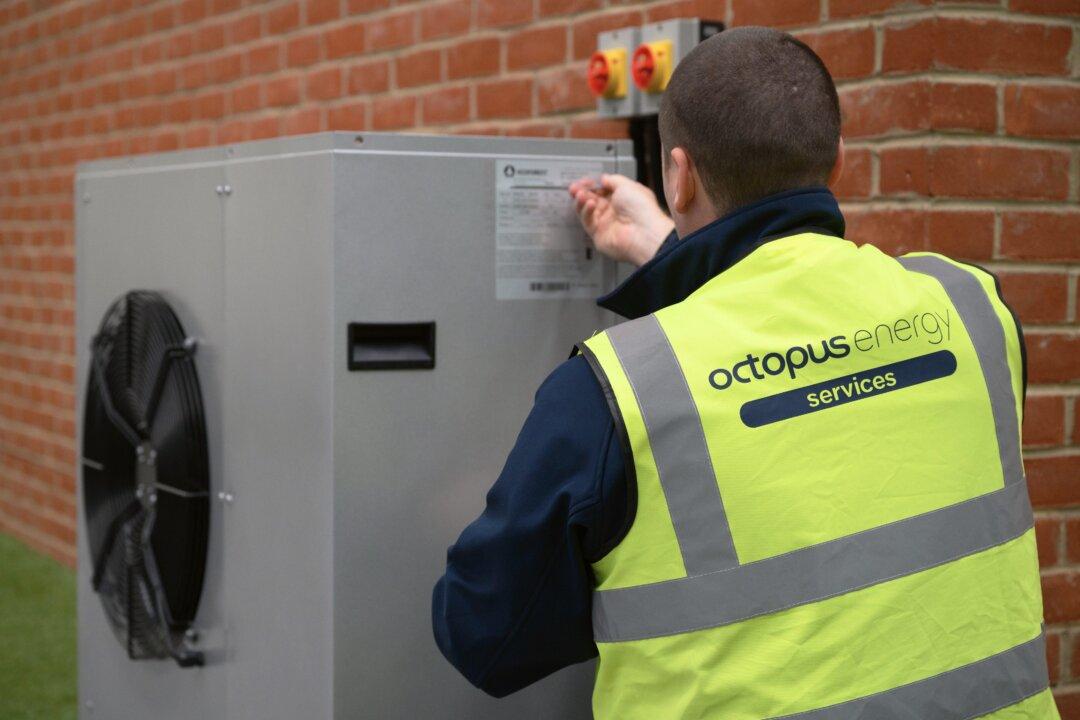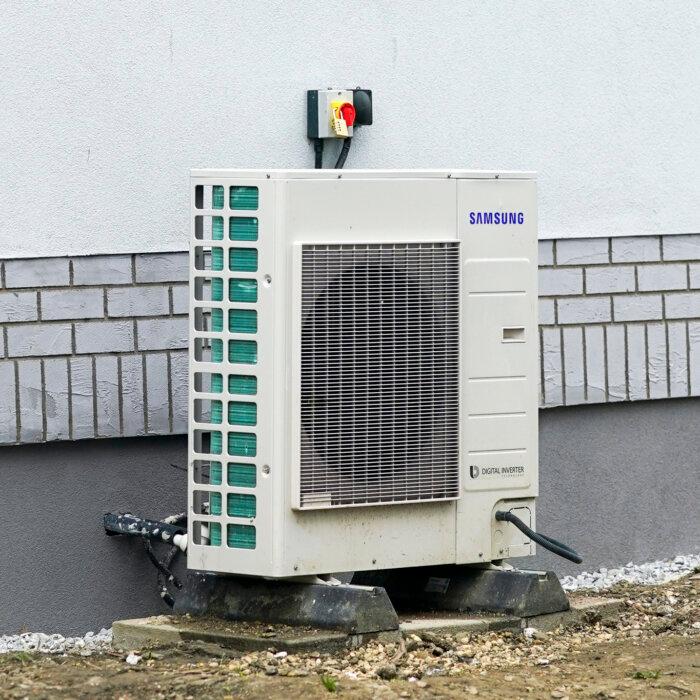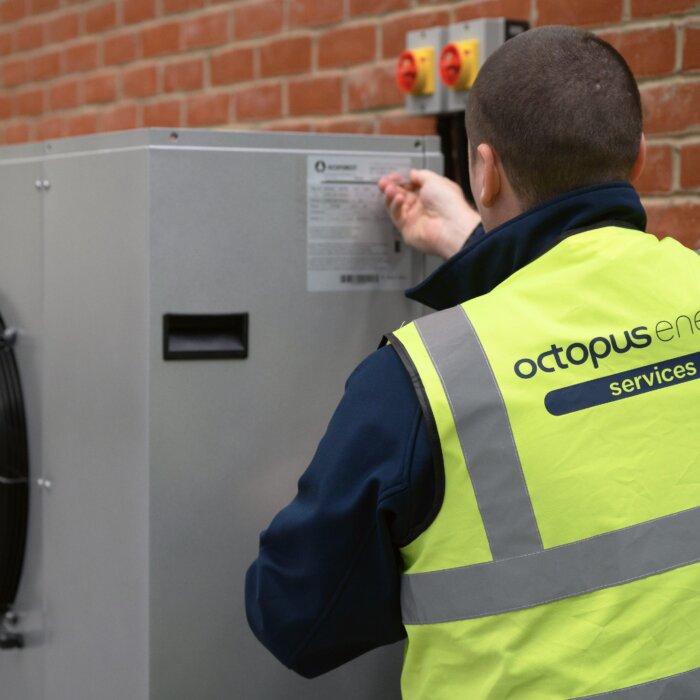It said that 37,000 heat pump installers are needed by 2030, compared with about 3,000 today.
Heat pumps, which run on electricity, work like a fridge in reverse to extract energy from the air or ground.
The Heat Pump Association (HPA) has estimated that around 50,000 installers might be needed by 2030, while Nesta’s previous research has suggested a slightly lower figure of 37,000.
Replace Gas Boilers
According to its survey research, in collaboration with a heat pump firm and trainer, it said that overall, 41 percent of company owners reported that their biggest barrier to replace gas boilers with heat pumps was “little customer demand.”Forty-five percent of survey participants said they believe that customers don’t progress with a heat pump installation after receiving a quote as the costs across quotes are too high.
Legally Binding Net-Zero Targets
The government claims that a heat pump can reduce carbon emissions by up to 70 percent compared with a gas boiler.In order for the government to meet its legally binding net-zero targets, it plans to phase out the installation of new and replacement natural gas boilers by 2035 at the latest.
There is an interim target of installing 600,000 heat pumps every year by 2028. Only 55,000 heat pumps were installed in 2022.
Affluent Groups
In May, an influential committee raised concerns that most households benefiting from heat pump subsidies are from affluent groups.The House of Commons Committee of Public Accounts which scrutinises government expenditure and taxpayer money, said that government net zero home grants are likely only being used by the wealthy.
The Boiler Upgrade Scheme, launched in April 2022, provides £7,500 grants to encourage property owners to replace existing fossil fuel heating with heat pumps, which run on electricity and work like a fridge in reverse to extract energy from the air or ground.
An average heat pump is four times more expensive than a gas boiler, and electricity prices mean heat pumps can be more expensive to run.







